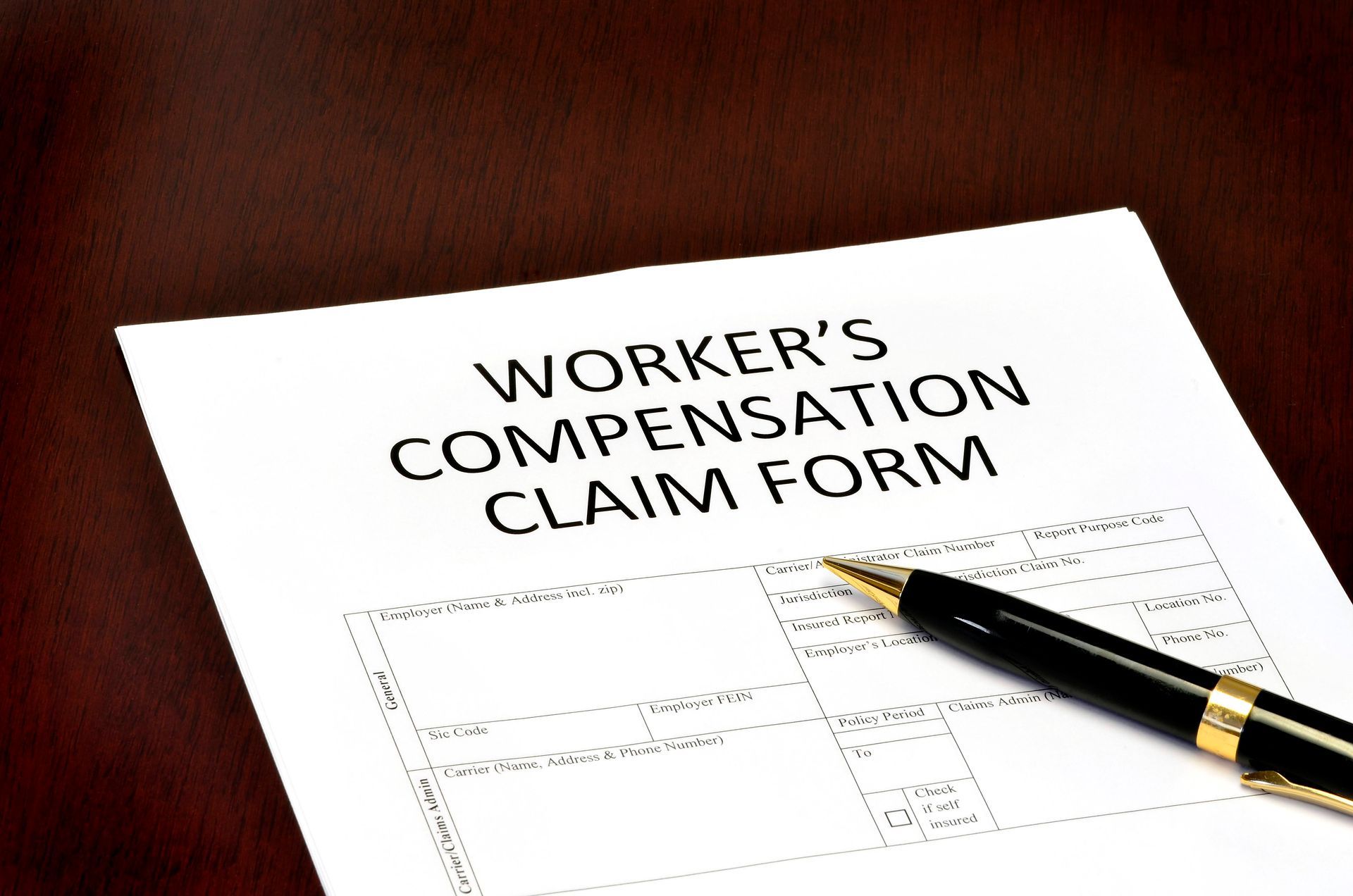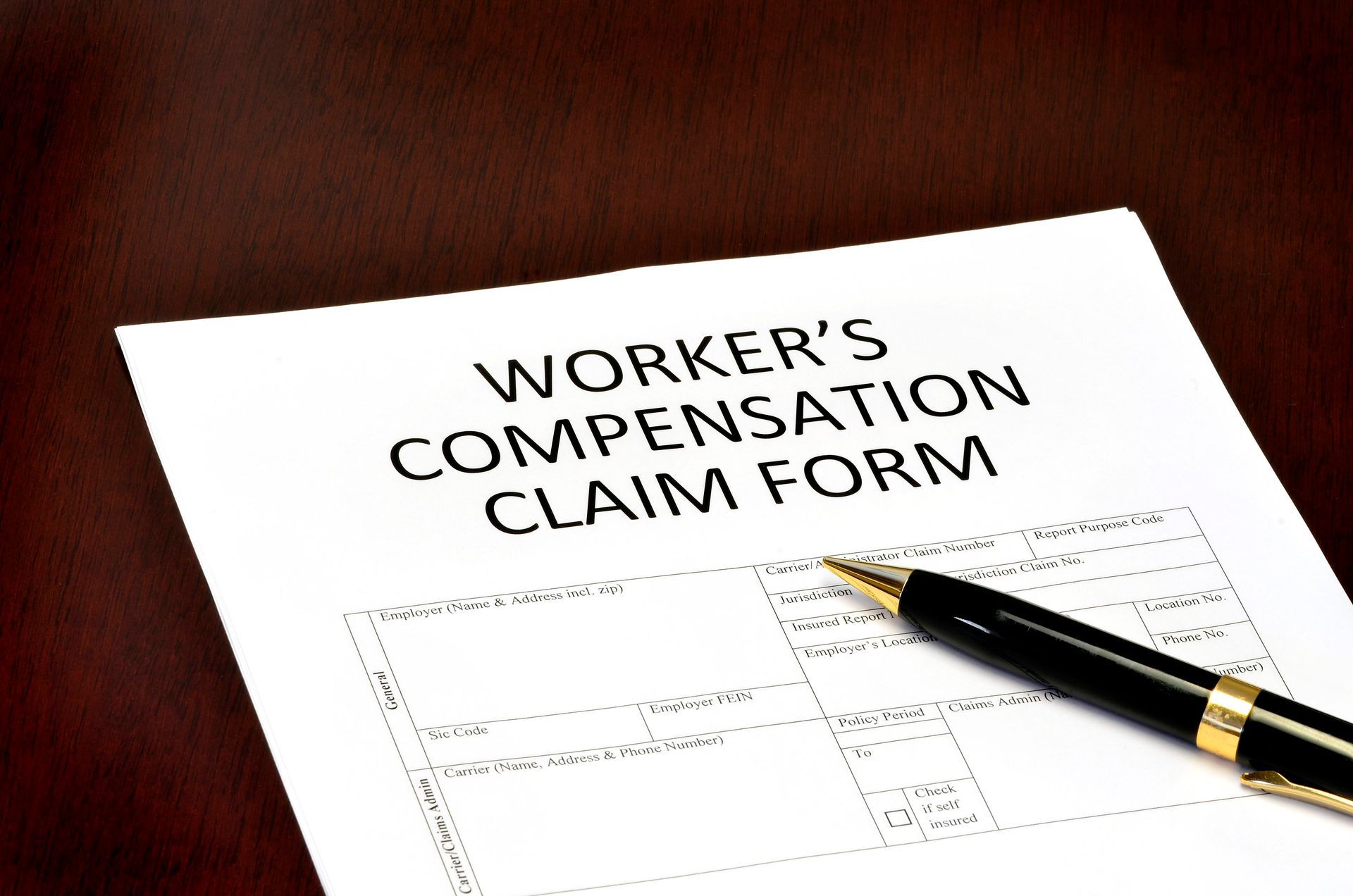CALL US TODAY!
Patchogue (Main Office) 440 Waverly Avenue, Suite 7 Patchogue, NY 11772
524 East Main Street, Suite 202, Riverhead, NY 11901
300 Broadhollow Road, Suite 100 W, Melville, NY 11747
Workers' Compensation Retaliation: Know Your Rights and Protections

Workers' compensation is a crucial system designed to support employees who sustain injuries or illnesses on the job. It ensures that the injured workers receive necessary medical treatment and compensation for their lost wages. However, there is a dark side to the workers' compensation system that often goes unspoken: workers' compensation retaliation. Some employers, in a bid to minimize costs or out of misplaced frustration, may illegally retaliate against employees who file workers' compensation claims.
Recognizing Signs of Retaliation
Workplace retaliation isn't always overt. Sometimes, it's the subtle shifts in behavior, decisions, or actions that can signal an employer's retaliatory intent:
- Job Demotion: One of the most straightforward signs of retaliation is when an employee is demoted after filing a claim. The demotion can be in the form of reduced responsibilities, a lower rank, or even a decrease in pay.
- Exclusion: An employee might suddenly find themselves left out of essential meetings, training sessions, or social functions. This exclusion can be a form of isolation, making the employee feel unwelcome or unimportant.
- Unjustified Disciplinary Actions: Suddenly, the employee might find themselves under strict scrutiny, receiving disciplinary notes for minor issues that were previously overlooked or weren't considered problems.
- Negative Performance Reviews: While constructive feedback is a part of professional growth, a sudden shift in performance evaluations, especially without justified cause, can be a sign of retaliation.
- Reduction in Hours: By reducing an employee's working hours, employers not only decrease their pay but also send a clear message of disfavor, often pushing the employee to consider resigning.
- Unwanted Transfers: An employee may find themselves transferred to a less desirable department, shift, or even a remote location, making their work life challenging or untenable. If your transfer feels more like a demotion than an adjustment to your injury, then you may be facing retaliation.
- Termination: In extreme cases, an employer may go as far as wrongfully terminating an employee shortly after they've filed a workers' compensation claim, under the guise of unrelated issues.
While these are just a few examples of workplace retaliation, be aware that it is not a comprehensive list. Workplace retaliation can come in many forms, some of which may not be so obvious to you as an employee.
Defending Your Rights
It's essential to remember that retaliation for filing a workers' compensation claim is illegal. Federal laws, as well as state-specific statutes, are in place to protect employees from such vindictive actions. Employers cannot punish employees for seeking the compensation they rightfully deserve.
If you believe you're facing retaliation, don't just stand around and take it because you are in fear of losing your job. It's crucial to:
- Document Everything: Keep a detailed record of every retaliatory action, including dates, times, involved parties, and the nature of the retaliation.
- Communicate: Speak with your HR department about your concerns. Sometimes, HR might not be aware of a manager's retaliatory actions and can intervene to resolve the situation.
- Seek Legal Counsel: If internal resolutions aren't effective, it might be time to seek legal help. An experienced attorney can guide you on the best course of action, which might include filing a complaint with the state's labor board or pursuing a lawsuit against the employer.
Retaliation for filing a workers' compensation claim is not only unethical but also illegal. No worker should fear for their job or face adverse actions for seeking compensation after a workplace injury. If you or someone you know is experiencing such retaliation, it's vital to act swiftly.
For further assistance and to ensure your rights are protected, reach out to Gilbert, Blaszcyk & Milburn LLP. Our experienced team is here to guide and support you every step of the way.
Phone: 631-447-6500 | Email: office@gbmcomplaw.com | Address: Patchogue (Main Office) 440 Waverly Avenue, Suite 7 Patchogue, NY 11772
Business Hours: 9:00 am – 5:00 pm









